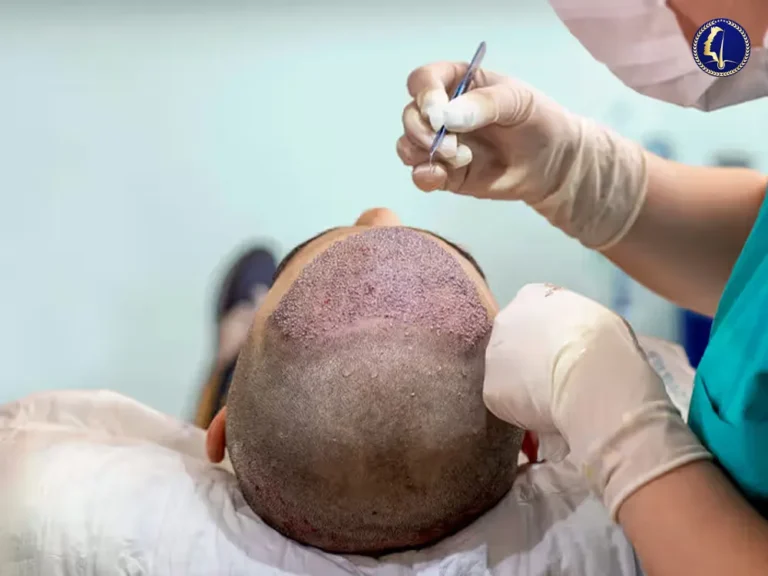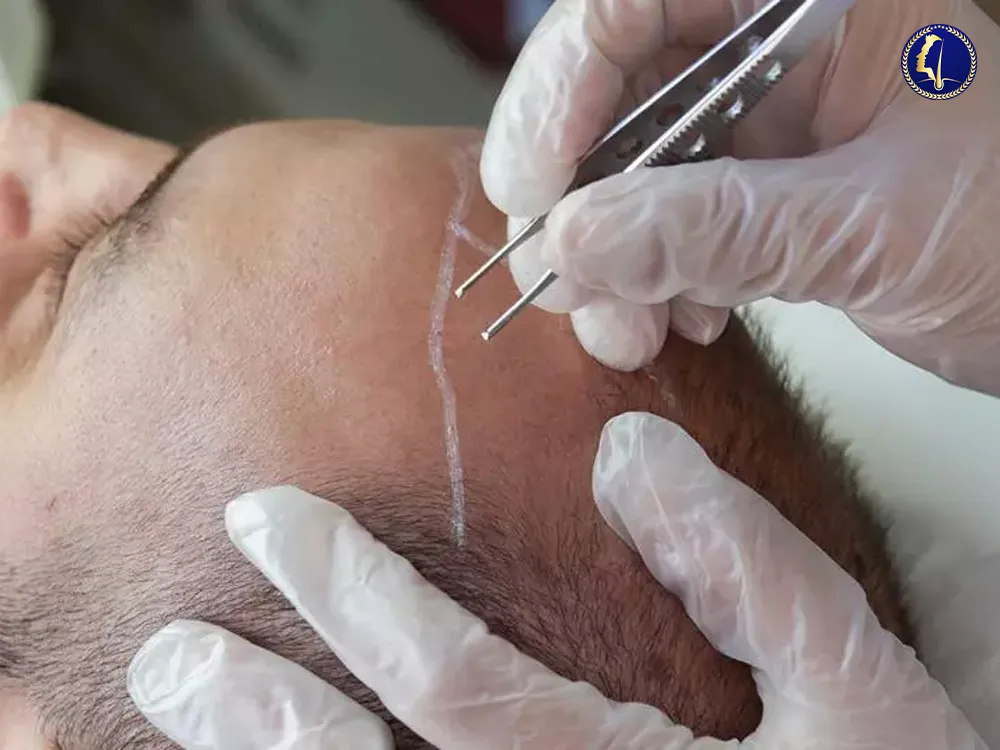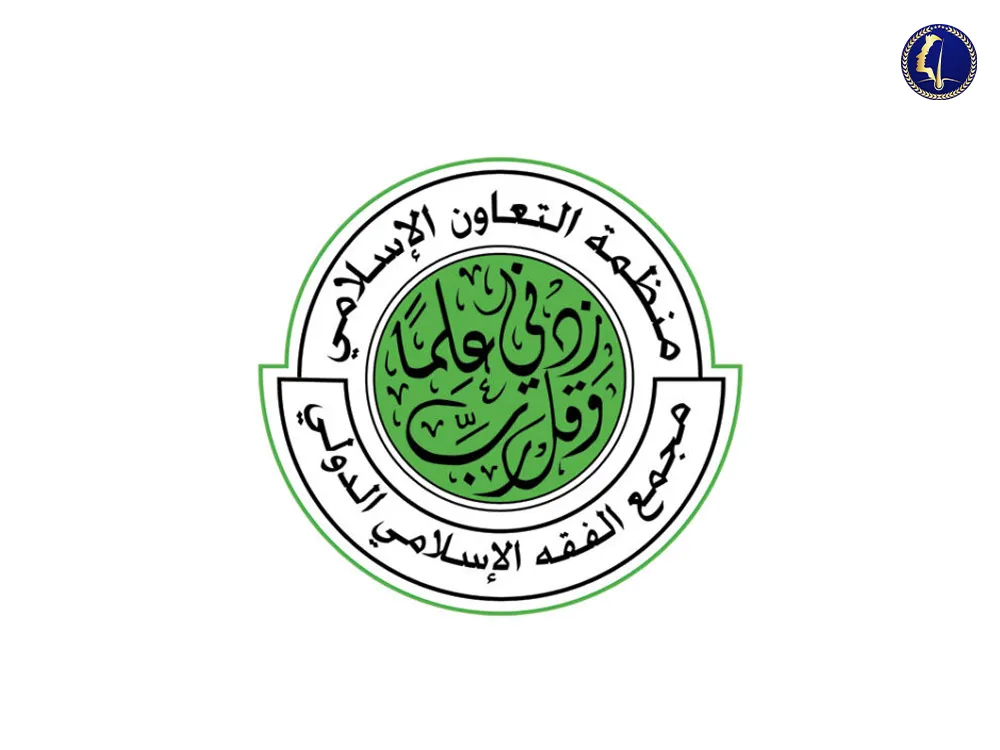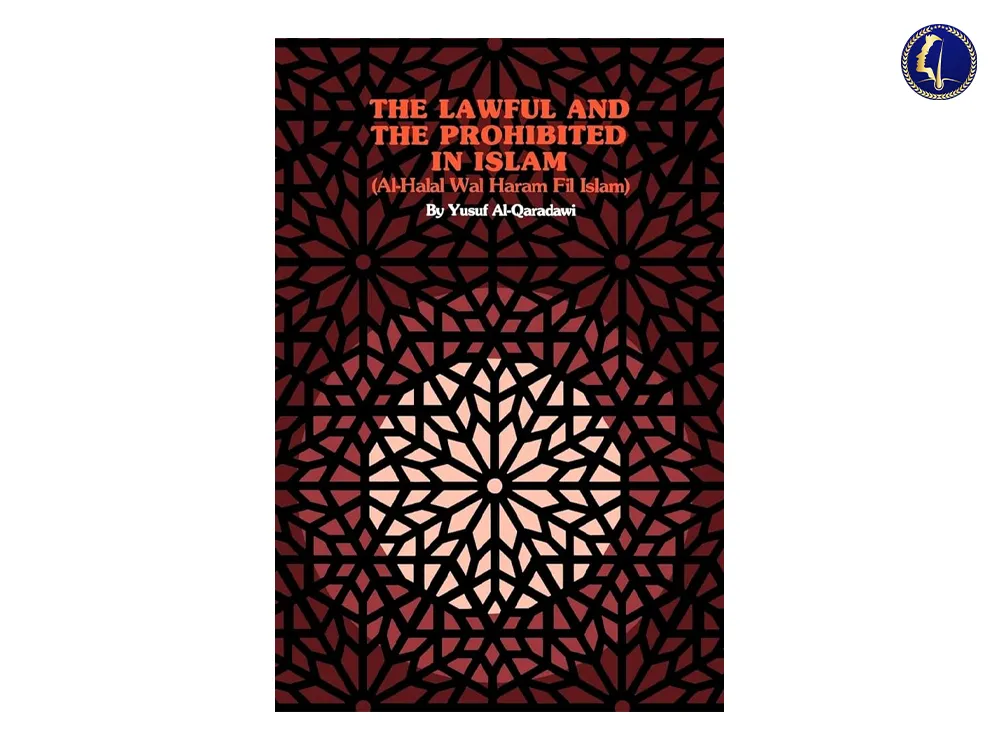Hair loss is a natural process experienced by many individuals due to genetics, age, or health conditions. As medical advancements have introduced hair transplant procedures to restore lost hair, Muslims often wonder about the permissibility of this practice within the framework of Islamic teachings. This article explores the concept of hair transplants in Islam, citing relevant sources and scholarly opinions, while addressing common questions surrounding the topic.
What Is a Hair Transplant?
A hair transplant is a surgical procedure in which hair follicles are moved from one part of the body (typically the back or sides of the scalp) to areas experiencing baldness or thinning. This method does not involve the addition of foreign or synthetic substances but rather redistributes existing hair from the individual’s own body. The procedure has gained popularity due to its potential to improve self-esteem and confidence.
Islamic Rulings on Hair Transplants
In Islam, bodily modifications are generally governed by principles aimed at preserving the human body’s natural state (“fitrah”). Alterations that constitute excessive beautification or distort Allah’s creation are typically considered impermissible (“haram”). However, modifications for medical purposes or to address genuine physical or psychological harm are often deemed permissible (“maslahah”).
When examining hair transplants, scholars consider several factors:
Use of Natural Hair: Since hair transplants involve redistributing an individual’s own hair follicles, they do not introduce foreign elements into the body. This distinction makes the procedure fundamentally different from the use of synthetic wigs or attachments, which may conflict with certain Islamic principles.
Purpose of the Procedure: Hair transplants are often sought to address conditions like alopecia, severe hair loss, or baldness caused by disease, injury, or aging. If these issues lead to psychological distress or affect one’s self-esteem and quality of life, Islamic scholars have deemed the procedure permissible.
Avoiding Deception: Islam emphasizes honesty and transparency in personal interactions. Hair transplants, unlike temporary cosmetic fixes, do not involve deceit as the results are permanent and utilize the individual’s own hair. Thus, this procedure is generally not categorized as an act of deception (“gurur”).
Scholarly Opinions
Islamic scholars differ in their rulings on cosmetic and medical procedures, but the consensus on hair transplants largely supports their permissibility under specific conditions. Key scholarly opinions include:
Fatwa from the Islamic Fiqh Academy:
The Islamic Fiqh Academy has issued a fatwa stating that hair transplants are permissible if they are done to treat baldness or significant hair loss, especially when these conditions cause emotional or psychological harm.Views of Sheikh Yusuf Al-Qaradawi: In his book The Lawful and the Prohibited in Islam, Sheikh Yusuf Al-Qaradawi emphasizes that procedures meant to restore natural appearance, rather than to alter it excessively, are generally permissible. He argues that restoring hair lost due to illness or injury falls under permissible medical treatments.
Fatwa from Dar al-Ifta al-Misriyyah (Egypt’s Fatwa Council):
The council has clarified that hair transplants are acceptable when the intent is to restore normalcy and address medical concerns rather than vanity or excessive beautification.
Key Considerations for Permissibility
To ensure that a hair transplant aligns with Islamic guidelines, the following considerations should be observed:
Intention (“Niyyah”): The individual’s intent should be to address a genuine need, such as restoring confidence or alleviating distress caused by hair loss, rather than pursuing unnecessary cosmetic enhancement.
Methodology: The procedure should avoid the use of prohibited substances or techniques. It must utilize the individual’s own hair follicles and adhere to ethical medical practices.
Avoiding Extravagance (“Israf”): Islam discourages unnecessary extravagance. While hair transplants can be costly, individuals should ensure that the expense does not lead to wastefulness or neglect of other financial responsibilities.
Consulting Scholars and Experts: As with any medical or ethical decision, it is advisable to consult knowledgeable Islamic scholars and qualified medical professionals before proceeding.
Islamic References on Bodily Modification
The permissibility of hair transplants can be further understood by examining relevant Islamic texts and principles:
Restoration vs. Alteration:
The Prophet Muhammad (peace be upon him) said, “Allah has cursed those who practice tattooing and those who get themselves tattooed, and those who remove their face hairs, and those who create a gap between their teeth artificially to look beautiful, and change the features created by Allah” (Sahih Bukhari, Book 72, Hadith 822).
Scholars interpret this hadith to prohibit excessive beautification that distorts Allah’s creation. However, restoring a natural appearance, such as through a hair transplant, does not fall under this prohibition.
Medical Necessity:
The Prophet Muhammad (peace be upon him) also said, “There is no disease that Allah has created, except that He also has created its treatment” (Sahih Bukhari, Book 71, Hadith 582).
Addressing conditions like alopecia or severe hair loss through medical treatment aligns with the Islamic principle of seeking remedies for ailments.
Addressing Common Questions
To clarify the Islamic stance on hair transplants, here are answers to some frequently asked questions:
1. Is a hair transplant considered altering Allah’s creation?
No, hair transplants are not considered altering Allah’s creation because they involve restoring what was naturally present. This differs from procedures that artificially modify or distort one’s appearance.
2. Are there any conditions under which hair transplants are not permissible?
Hair transplants may not be permissible if they involve prohibited substances, unethical medical practices, or if the intention is purely for unnecessary cosmetic enhancement.
3. Can women undergo hair transplants in Islam?
Yes, women can undergo hair transplants to address significant hair loss or medical conditions, provided the procedure aligns with the same guidelines of intent, methodology, and necessity.
4. Does the cost of the procedure affect its permissibility?
While cost alone does not determine permissibility, Islam encourages moderation and avoiding extravagance. Individuals should ensure that the expense is reasonable and does not compromise financial obligations.
5. What should I do before deciding on a hair transplant?
Before proceeding, consult both a qualified medical professional to ensure the procedure is safe and an Islamic scholar to verify its permissibility based on your specific circumstances.
Conclusion
In conclusion, hair transplants are generally permissible in Islam when performed to address genuine medical or psychological needs. This procedure is seen as a means of restoring natural appearance rather than altering Allah’s creation. By ensuring proper intent and adherence to Islamic guidelines, Muslims can benefit from such advancements without compromising their faith. As always, seeking knowledge from trusted scholars and medical professionals is essential to making informed and ethical decisions.





